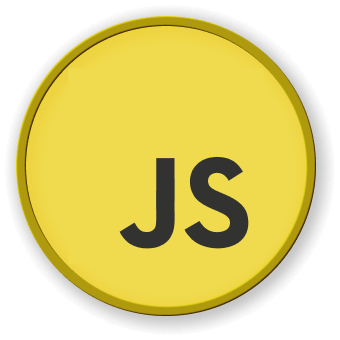Introduction
In this lab, we will be exploring the concept of serializing cookies in JavaScript. Cookies are an essential part of web development, and it is crucial to understand how to handle them properly. By the end of this lab, you will be able to serialize a cookie name-value pair into a Set-Cookie header string using template literals and encodeURIComponent().




